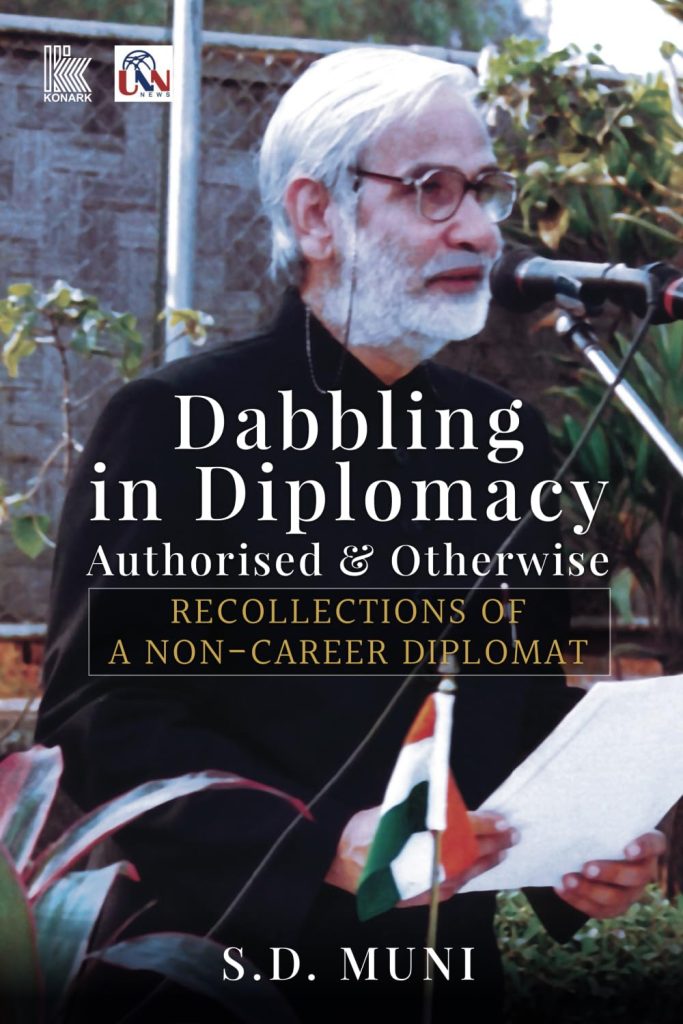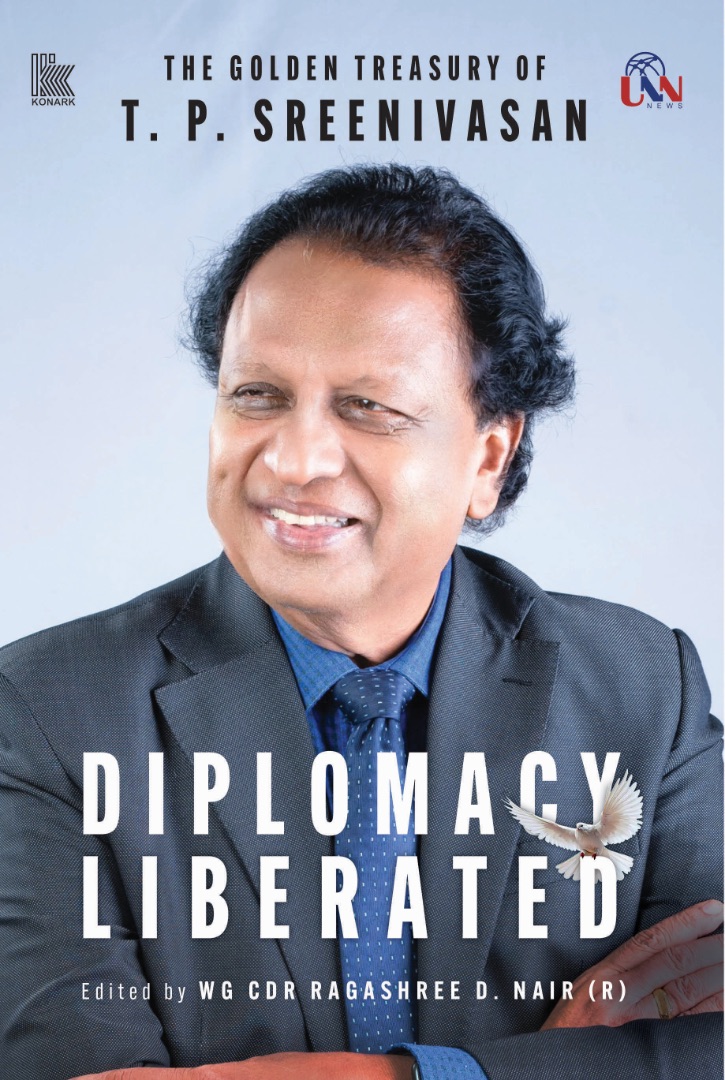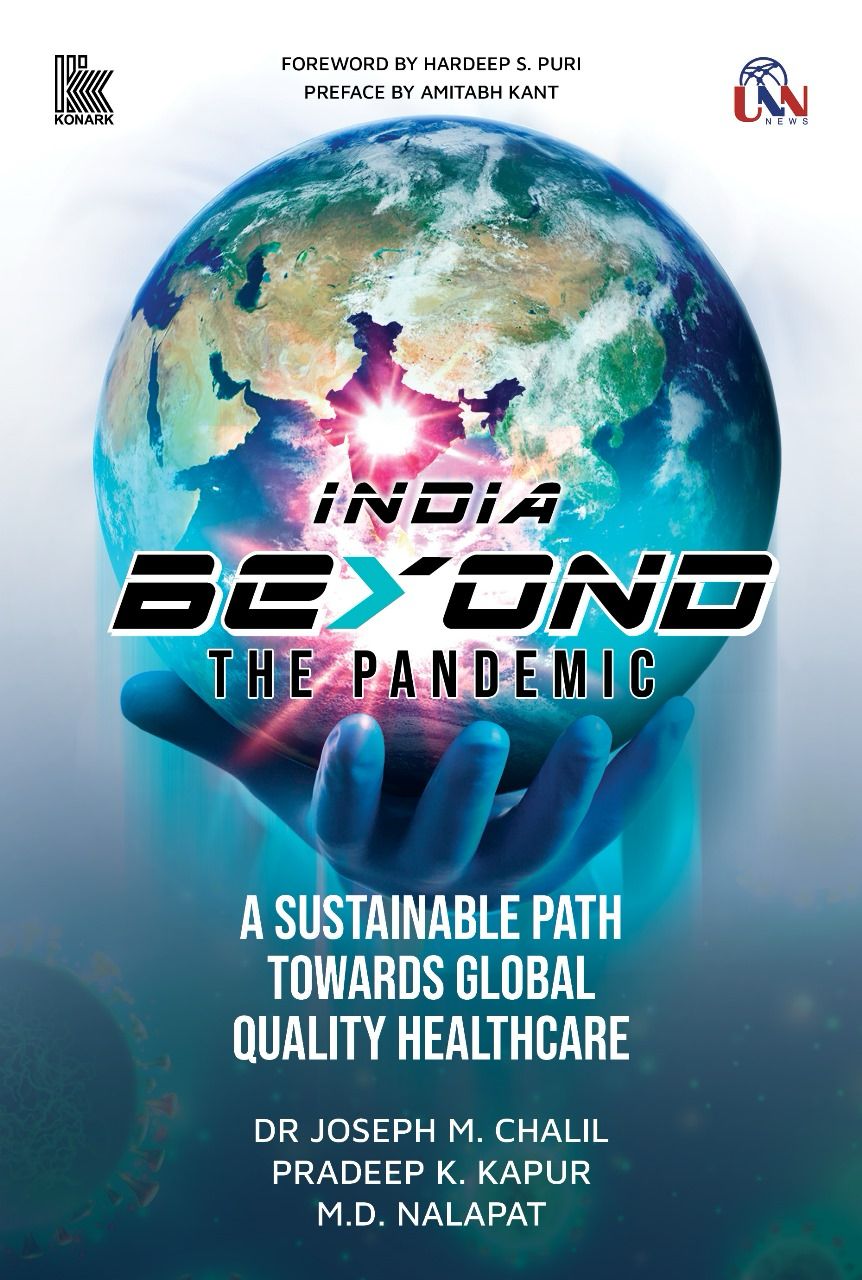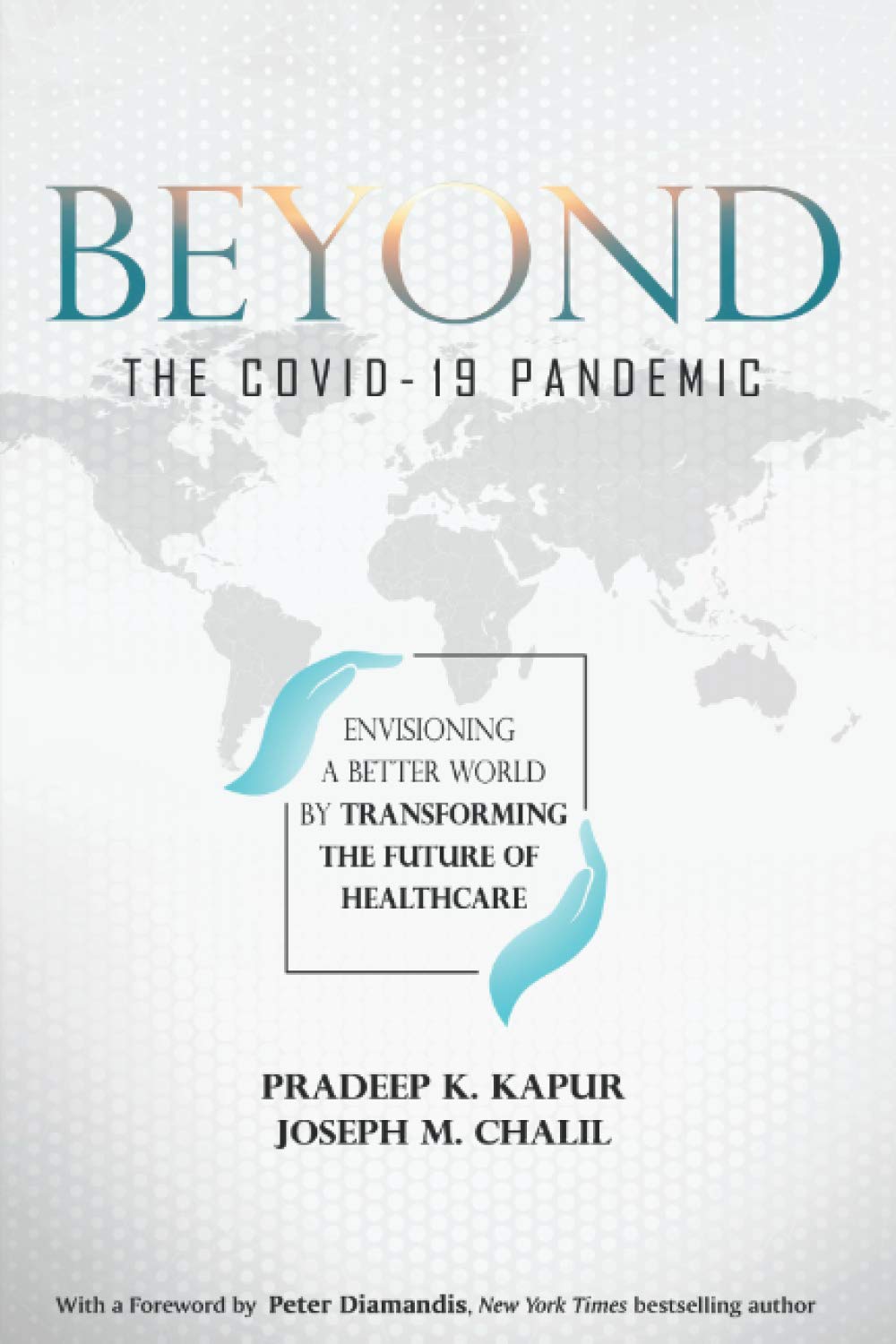Bhubaneswar, Odisha — January 2026: The American Association of Physicians of Indian Origin (AAPI) organized its 19th annual Global Health Summit (GHS) 2026, a three‑day gathering that brought together leading physicians, researchers, educators, and public health experts from India and the United States.
Held from January 9–11 across the Kalinga Institute of Medical Sciences (KIMS), Kalinga Institute of Industrial Technology (KITT), Mayfair Lagoon, and Swosti Premium, the summit showcased cutting‑edge medical advancements, collaborative research, and community‑focused initiatives aimed at strengthening healthcare delivery in India.
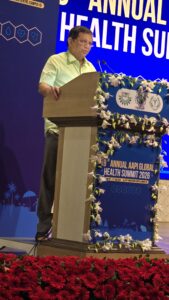
AAPI President Dr. Amit Chakrabarty described the summit as a defining moment for Indo‑U.S. medical collaboration. “GHS 2026 reflects AAPI’s unwavering commitment to elevating global health standards,” he said. “When experts from two of the world’s most dynamic healthcare systems come together, the impact extends far beyond conference halls—it reaches communities, hospitals, and future generations.”
Shri Jagat Prakash Nadda, India’s Minister for Health, in a video message, lauded AAPI for its contributions to India and the United States. “AAPI stands as a powerful symbol of professional excellence, global leadership and dedicated service to humanity, representing over 100,000 Physicians of Indian origin practicing in the United States,” he said.
“AAPI has made remarkable contribution to healthcare, delivery, medical education, research and public health, not only in United States, but also across the world. What makes AAPI truly exceptional is its role as a vital bridge between India and the United States. Through sustained academic collaboration, knowledge exchange and capacity building, AAPI has significantly strengthened healthcare system in both nations. I firmly believe that organizations like AAPI play pivotal role in shaping a healthier, more inclusive and more equitable world guided by the timeless Indian philosophy of ‘vasudhavakutumba,’ the world is one family. AAAPI reminds us that service beyond borders, is the highest form of leadership,” Shri Jagat Prakash Nadda said.
In his address, Dr. Achyuta Samanta, while stressing the collaborative efforts between KITT and AAPI, stated, KIIT is one of India’s leading private universities, known for its academic excellence, world-class infrastructure, and impressive placement records. Established in 1992, KIIT Bhubaneswar has grown into a multidisciplinary university offering undergraduate, postgraduate, and doctoral programs across diverse fields such as engineering, management, law, medicine, and humanities.
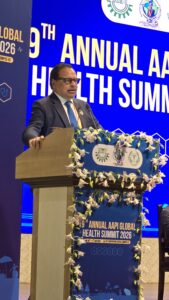
Earlier, in his welcome address, Prof. R C Das, highlighted the significance of hosting AAPI GHS on its prem9inses, stated, The Kalinga Institute of Medical Sciences (KIMS) has redefined the healthcare services in Odisha and in neighboring states, anchored on a genuine desire to promote a healthy society and provide advanced medical care.
Others who addressed the audience during the inaugural ceremony were: Prof. CBK Mohanty, Pro Vice Chancelor of KIMS; Dr. Atashu Nayak, President, Odisha Physicians of America; Dr. Ajit K Mohanty, Director General of KIMS.
During the gala, AAPI recognized and honored Dr. Sita Kanta Dash and Dr. Santosh Dora, for their contributions to the larger society.
Dr. Meher Medavaram, President-Elect of AAPI emphasized, “Our community programs reflect AAPI’s heart. Beyond CMEs and conferences, we are committed to protecting and empowering the next generation.”
Day 1: High‑Impact CME Sessions and Youth Engagement
The summit opened on January 9 and every morning thereafter, with a rejuvenating Yoga & Meditation session led by Dr. Amit Shah and Dr. Arti Prasad, emphasizing the importance of integrative wellness in modern medicine.
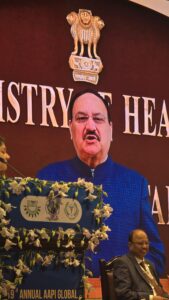
The morning Scientific Forum featured a series of CME sessions addressing some of India’s most pressing health challenges:
- Metabolic Syndrome: A Hidden Epidemic – Dr. Prasun K. Jalal
- Advances in Hemoglobinopathy Treatment – Dr. Arun Panigrahi
- AAPI Advocacy to Address Healthcare Gaps in India – Dr. Lokesh Edara
- Cervical Cancer Update – Dr. Bhagyalaxmi Nayak
AAPI President-Elect Dr. Krishan Kumar noted, “These discussions are not just academic—they are actionable. Our goal is to bring evidence‑based solutions to the forefront of India’s healthcare landscape.”
The afternoon featured State‑of‑the‑Art Surgical Practices, including live robotic and minimally invasive surgical demonstrations broadcast simultaneously between KIMS and Swosti Premium. Led by Dr. Chakrabarty and Dr. Ashok Hemal, the session highlighted the growing role of technology in surgical excellence.
Parallel tracks included:
- AAPI Ayurveda Consortium CME
- AAPI‑IMG Section Update for international medical graduates
- Suicide Prevention Across Borders, featuring experts from India and the U.S.
- Poster Presentations and Hands‑On Skills Workshops for medical students
Dr. Seema Arora, Secretary of AAPI emphasized, “Suicide prevention requires global insight and local action. AAPI is committed to building culturally sensitive mental health frameworks.”
The day also included a large‑scale Mass CPR Training Event for high school and college students, reinforcing AAPI’s commitment to community empowerment.

Day 2: Artificial Intelligence, Emergency Medicine, and Public Health Innovation
January 10 began with another wellness session, followed by one of the summit’s most anticipated events—the AI in Global Medical Practices CME at KIMS Main Auditorium.
Speakers included:
- Kinjal Saxena, CTO, AIG – AI in Action in Healthcare
- Dr. Suvrankar Datta – Road to Medical Superintelligence
- Dr. Suresh Reddy – Ethical Frontiers in Medical AI
- Dr. Vidhur Mahajan, CEO CARPL.AI – AI in Radiology
- Dr. Priyaa Jain – AI‑Enhanced Patient Education
AAPI Chair of the Board of Trustees Dr. Hetal Gorremarked, “AI is transforming medicine at a pace we’ve never seen before. AAPI is committed to ensuring that Indian and U.S. physicians lead this transformation with responsibility and vision.”
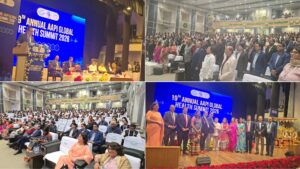
The afternoon Resuscitation & Emergency Medical Care Workshop was coordinated andand led by Dr. Vemury Murthy and featured:
- 2025 AHA Resuscitation Guidelines – Dr. Joginder Solanki
- Sudden Cardiac Arrest Research in India – Dr. Srinivas Ramaka
- National Emergency Life Support (NELS) Program – Dr. Debasish Swain
- Hands‑on simulation with SimMan3G Plus
- AI‑based clinical case discussions
Parallel CME tracks included:
- TB Elimination: Innovations and Roadmap for India, led by Dr. Manoj Jain
- AAPI Diabetes & Obesity Forum
- ER to ICU: Rapid Decisions, Real Skills, featuring POCUS, ABG interpretation, and critical care bootcamps
Dr. Soumya Neravettila, Treasurer of AAPI, stated, “Our workshops are designed to strengthen frontline decision‑making. These are the skills that save lives in the golden hour.”
Dr Bharati Mishra from MKCG Medical College, Berhampur thanked AAPI for bringing uts flagship event, GHS to the state of Orissa. Similarly, Dr Suchitra Das from MKCG Medical College, while expressing gratitude to AAPI leadership, wanted to continue to collaborate with AAPIin the healthcare and student mentoring initiatives.
Day 3: Women’s Leadership, Youth Programs, and Community Initiatives
The final day, January 11, focused on women’s leadership in medicine with the Women in Healthcare CME, co‑chaired by Dr. Kalpalatha Guntupalli, Dr. Bharati Misra, and Dr. Tapti Panda. Sessions highlighted gender equity, leadership pathways, and the evolving role of women in global healthcare.
“The Real and the Reel” was led by Dr. Priya Abraham, Director, ICMR–National Institute of Virology Currently Professor CMC Vellore. The landmark session on “Science, Innovation, Cinema, and the Story of India’s Covid Vaccine Triumph” brought together science, cinema, innovation and leadership — celebrating the real heroes behind India’s indigenous COVID-19 vaccine, Covaxin.
Pallavi Joshi, anational Award–Winning Actress & Producer, along with Vivek Ranjan ihotri, an Award winning script writer and Director were the panelists at the session, who led the dialogue that helped bridge the laboratory and the lens, exploring how truth and storytelling together shaped one of India’s proudest public health achievements.
“From Pitch to Policy” was yet another addition to the GHS, where AAPI was able to leverage the cricket success for disability heathcare reform, by honoring and celebrating the four Visually Challenged Cricket Champions, who come from the state of Orissa.
These talented young players were part of the India’s visually challenged women’s cricket team, which made history by winning the inaugural Blind Women’s T20 World Cup in November 2025, defeating Nepal by seven wickets in Colombo, Sri Lanka, after an unbeaten tournament run.
Simultaneously, students continued poster presentations and hands‑on workshops.
Community‑focused initiatives included:
- AAPI Stem Cell Drive India, driven by Sashi Kuppala, had the commitment and pledge by the students from KIMS to regisyer and advocate for Stem donation
- HPV Awareness & Vaccination Drives at MKCG Berhampur and KIIT
- AAPI Child Welfare Initiative
The mesmerizing cultural spectacular performed by talented artists from the Orissa Dance Academy on Oct 9th and on the following night at the Rose Garden, KITT, was led by Saswat Joshi, who has popularized Western Odisha Culture, Music, Dance and Handlooms across the globe.
AAPI’s Vision Forward
As GHS 2026 concluded, AAPI leadership reaffirmed its commitment to strengthening Indo‑U.S. medical collaboration.
Dr. Chakrabarty closed the summit with a powerful message: “AAPI’s strength lies in our unity, our expertise, and our purpose. Together, we are shaping a healthier future for India and the world.
For more details on AAPI and the convention, please visit: www.aapiconvention.org and www.aapiusa.org

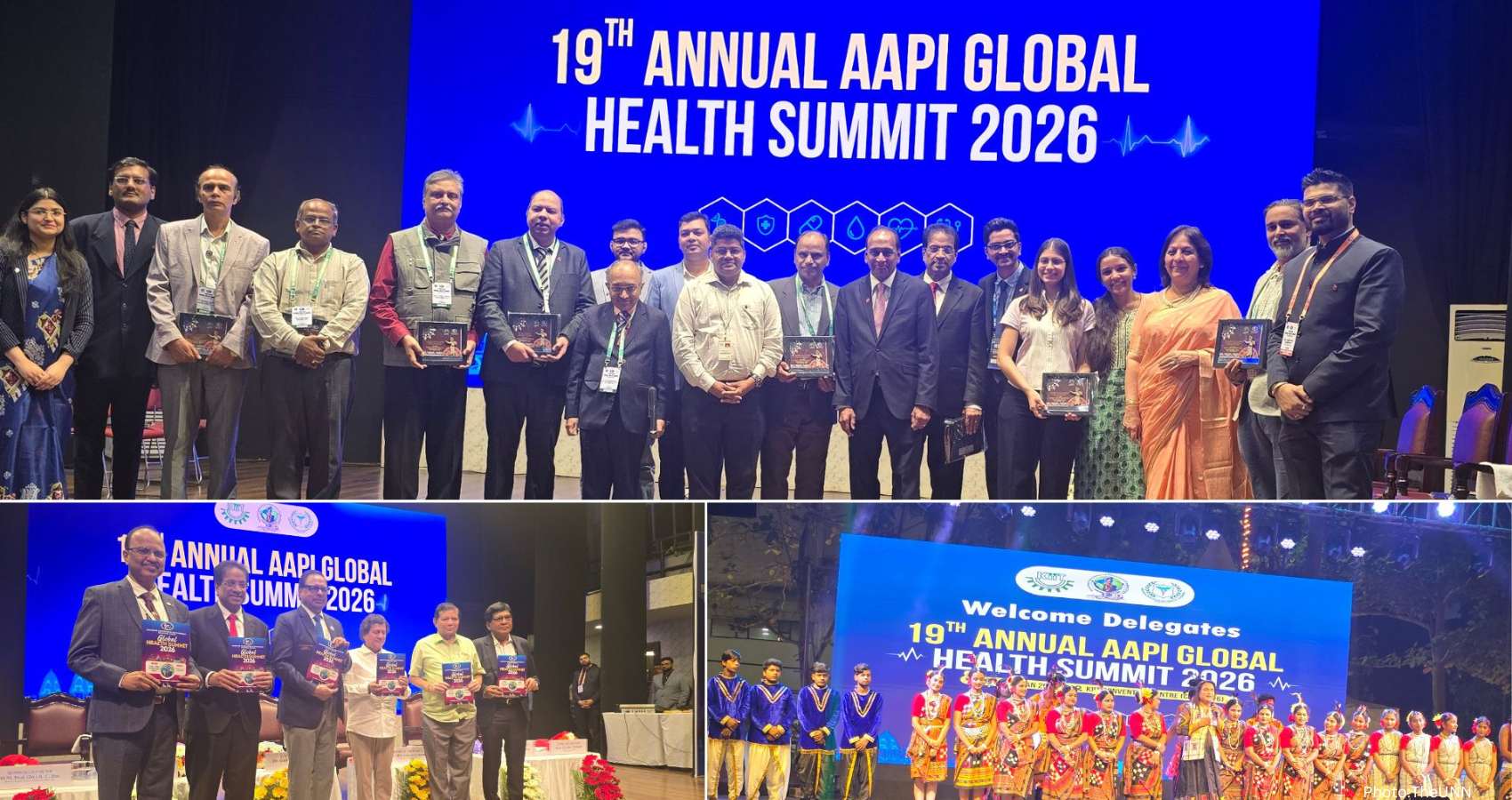
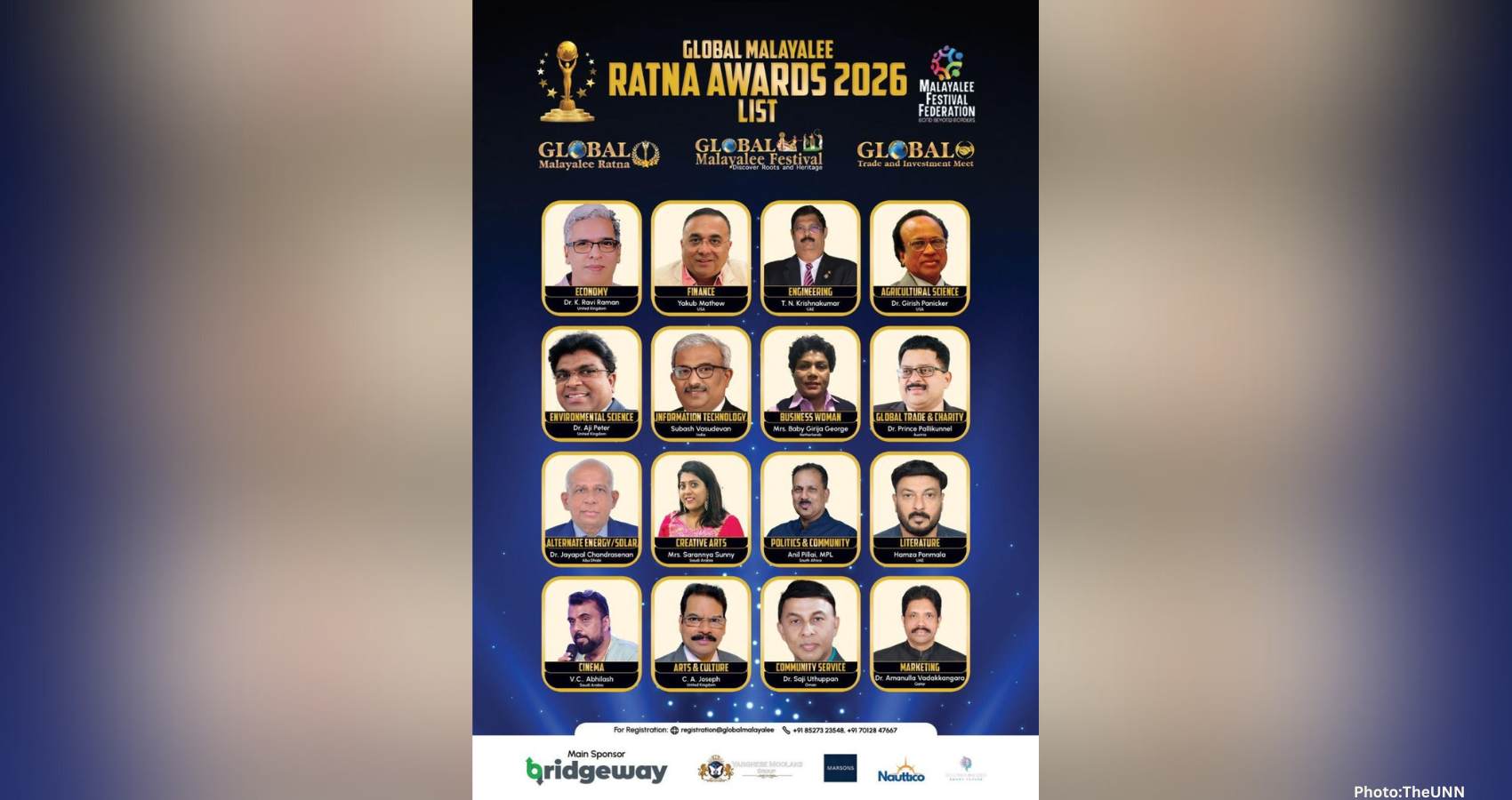










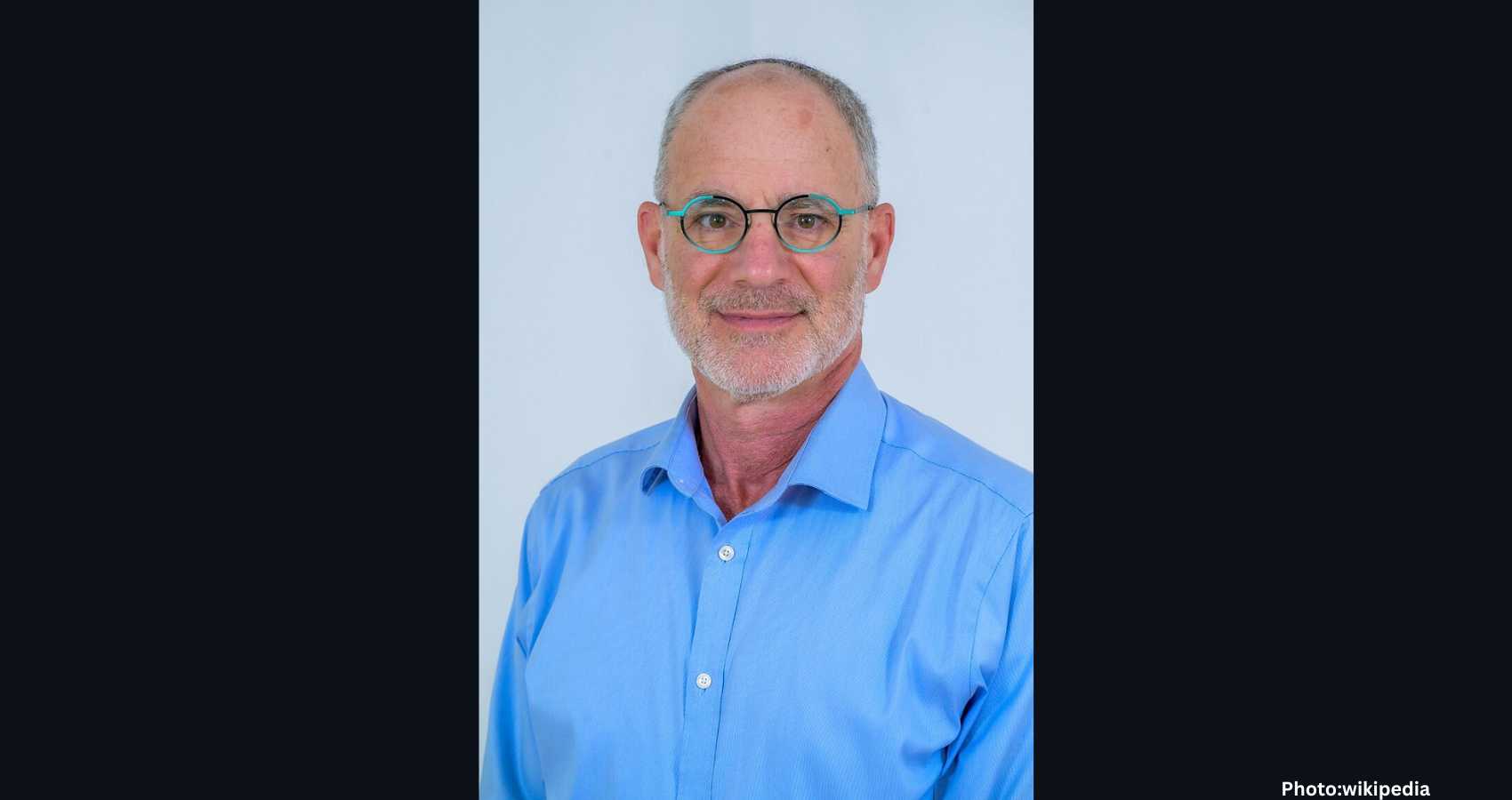
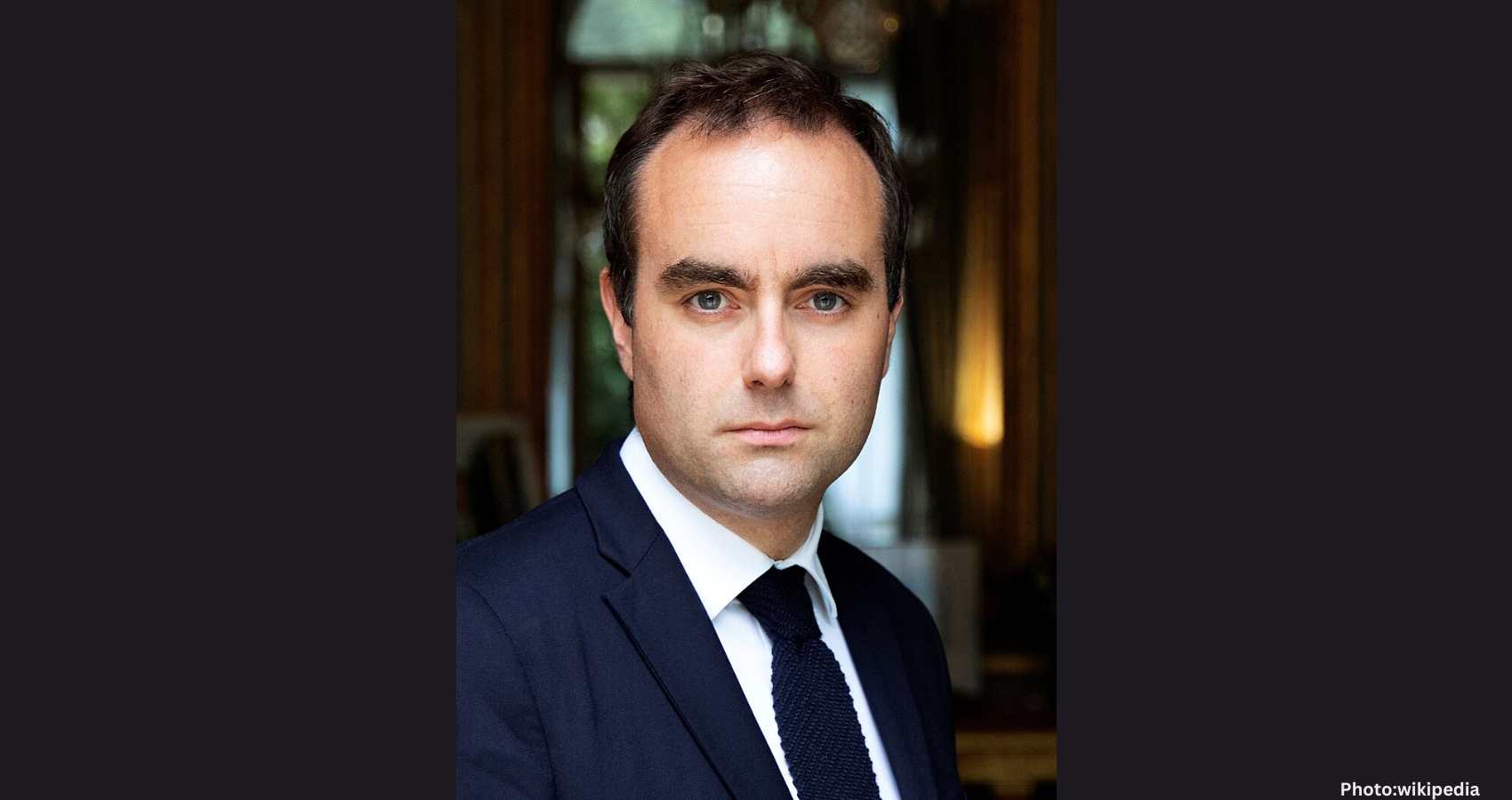



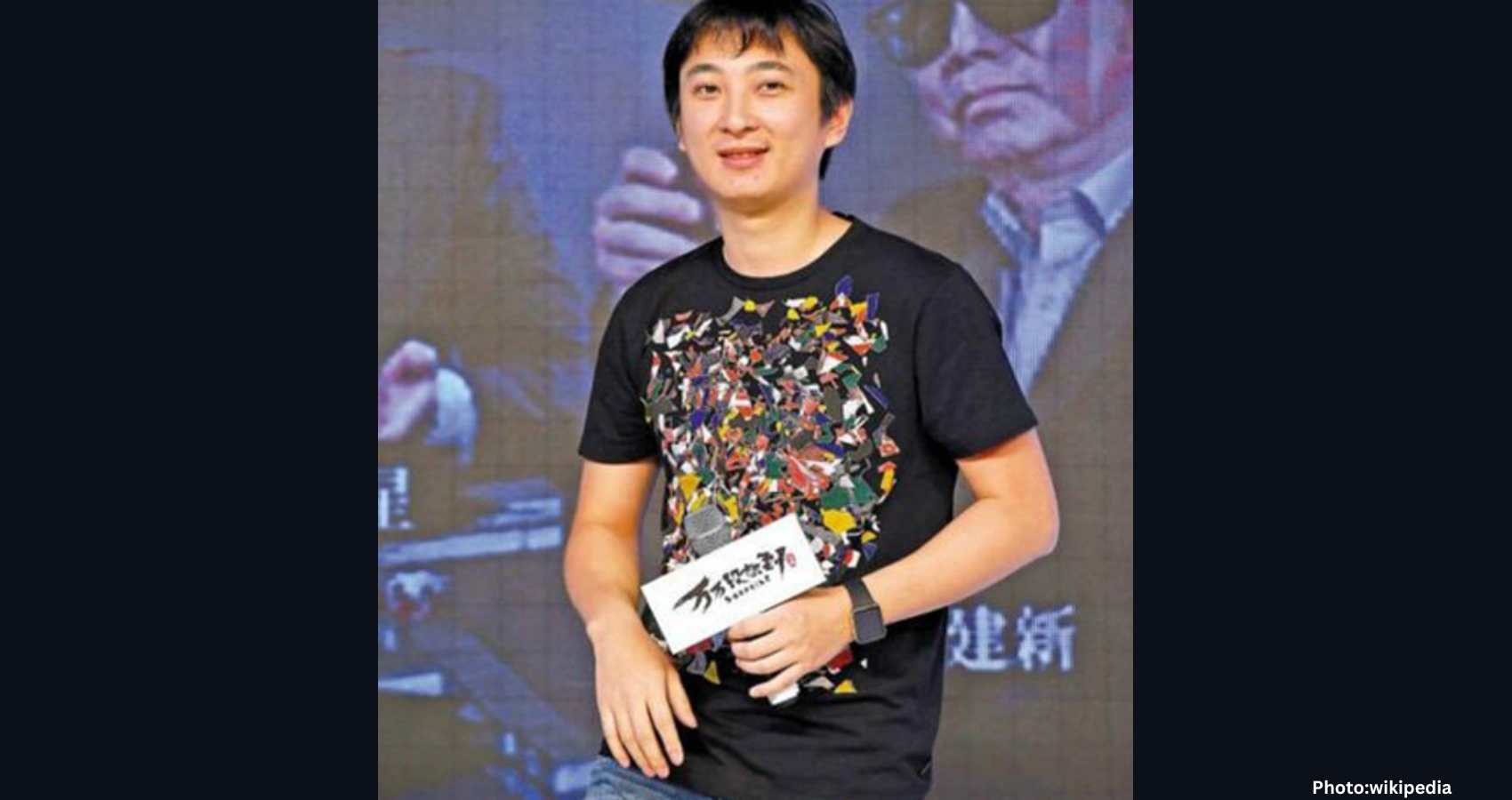






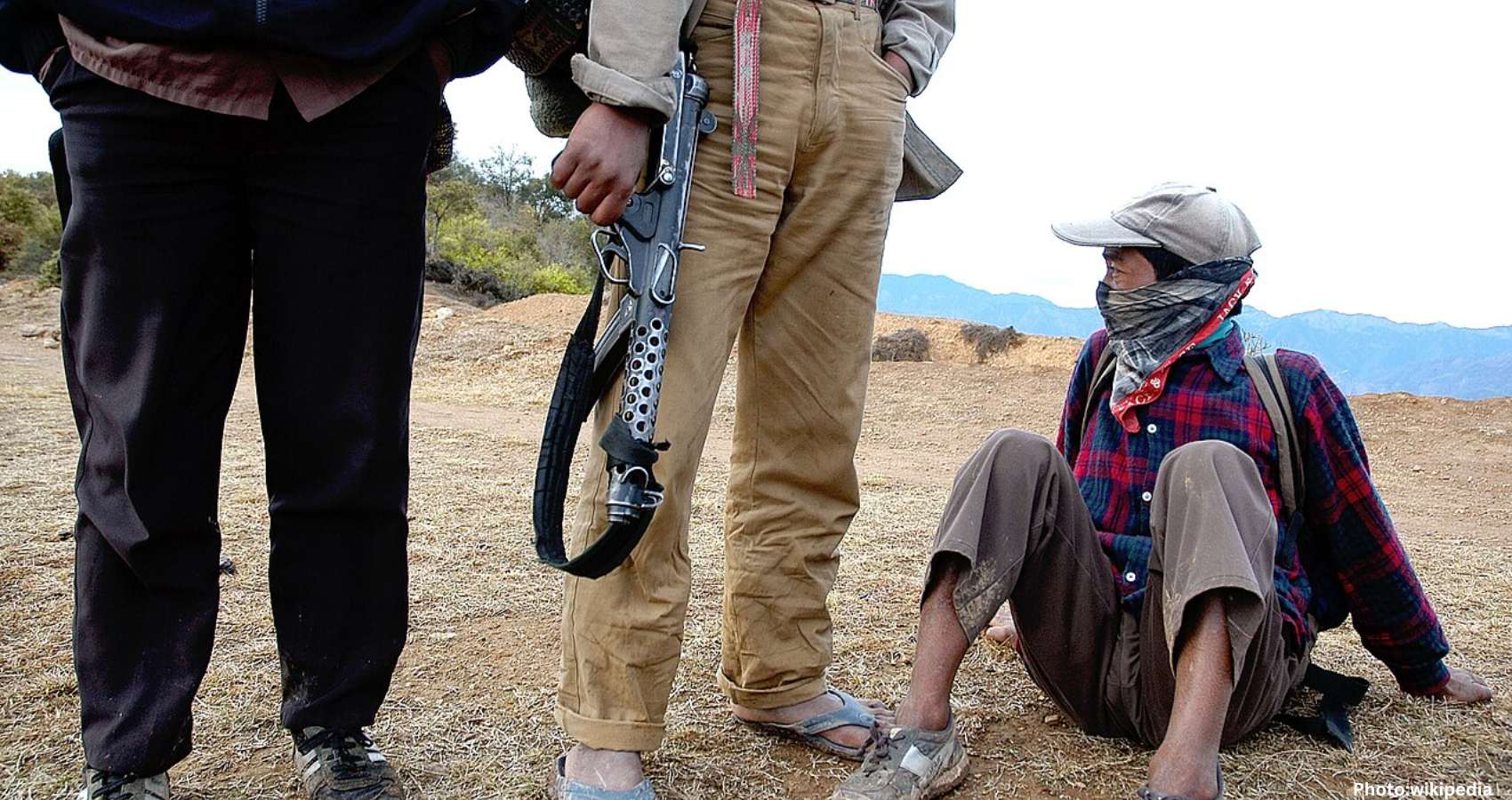







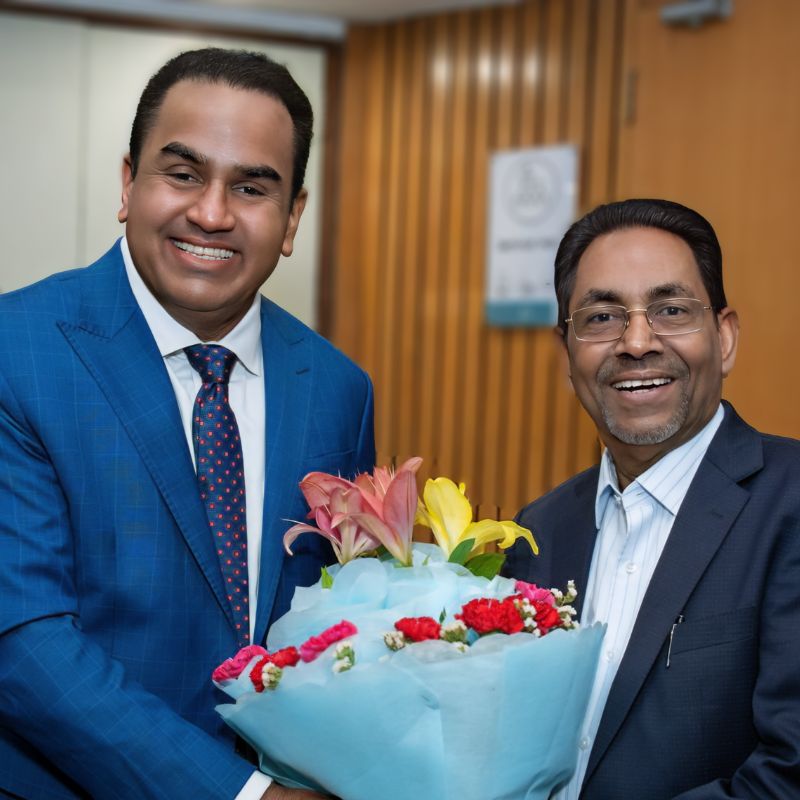 Ambassador S.D Muni, a renowned expert in South Asian politics and international relations, offers readers an unparalleled glimpse into the world of diplomacy. His memoir, “Dabbling in Diplomacy: Authorised & Otherwise” provides an insider’s perspective on critical political developments in South Asia, including Nepal, Sri Lanka, Bhutan, and Laos. The book combines Prof. Muni’s extensive academic knowledge with his personal experiences, making it a compelling read for scholars, policymakers, and anyone interested in international affairs.
Ambassador S.D Muni, a renowned expert in South Asian politics and international relations, offers readers an unparalleled glimpse into the world of diplomacy. His memoir, “Dabbling in Diplomacy: Authorised & Otherwise” provides an insider’s perspective on critical political developments in South Asia, including Nepal, Sri Lanka, Bhutan, and Laos. The book combines Prof. Muni’s extensive academic knowledge with his personal experiences, making it a compelling read for scholars, policymakers, and anyone interested in international affairs.